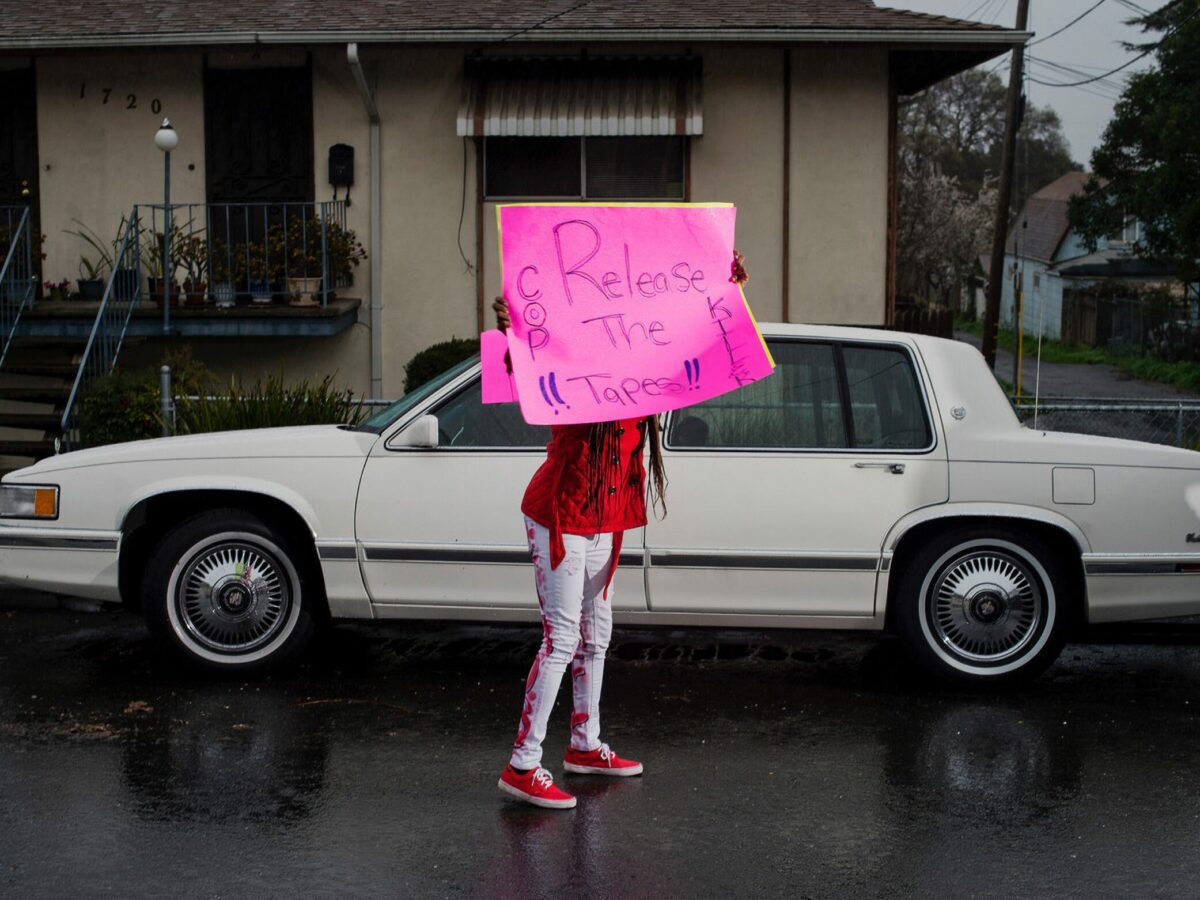
Vallejo will draw on a federal grant designed to mitigate the effects of the COVID-19 pandemic to give all full-time city staff a $3,000 bonus, City Manager Michael Malone announced Friday.
“The City is issuing a one-time employee retention incentive utilizing ARPA — American Rescue Plan Act — funding, which has been approved by the council,” Malone said in the video, titled Mike’s Holiday Message, which the city of Vallejo posted alongside a written statement to its social media accounts.
The city employs 470 full-time staff, according to an October 17 staff analysis, meaning the one-time payout is expected to exceed $1.4 million. While federal rules allow public sector employers to use ARPA funds for retention pay, other cities have allocated funds through robust public processes, records show.
“Council allocated the money for a retention package,” Malone said in an interview Friday, adding that he did not remember exactly when the vote occurred. He said the council authorized $1.5 million in expenditures. “It was a show of good faith and appreciation to the many people who were working in the city.”
President Biden signed the American Rescue Plan Act into law in March 2021 to provide direct relief to communities impacted by the COVID-19 pandemic. Vallejo received $25.72 million in ARPA funds, which the city council allocated in two votes of $12.86 million on Sept. 28, 2021 and Dec. 20, 2022, records show.
City staff briefed council members on the first proposed allocation during a public meeting on Sept. 14, 2021. The second allocation included $1.5 million for “incentives and bonuses for essential workers who were crucial to the City’s operations during the COVID-19 pandemic,” according to a Dec. 13, 2022 staff presentation.
“It was never defined as a specific [employee] classification,” Malone said. “So as opposed to targeting specific classifications, we did retention bonuses for all employees.”
Two Vallejo council members expressed surprise about the news.
“We were hoodwinked,” Councilmember Tina Arriola said in a Friday interview. “It was done via phone calls.”
Vice Mayor Rozanna Verder-Aliga also appeared unaware of the plan.
“To tell you honestly, that’s the first time I’ve heard about it. I’ve not gotten anything from the City Manager this week,” she said. “I would like to know more about it.”
Arriola accused the city manager of seeking to circumvent California’s Ralph M. Brown Act, which requires that local legislative bodies hold public meetings, publish meeting agendas in advance, and allow public input on decisions. The law prohibits legislators from meeting in private by way of a go-between.
Arriola said Malone suggested in a recent phone call that the bonuses were a done deal.
“He said, ‘You were the last council person. I got in touch with everybody else,’” Arriola recalled.
Arriola told Malone that she was unaware of any public vote authorizing the use of ARPA funds for the staff bonuses, she said.
“I don’t have any paperwork to go along with this,” Arriola told Malone. “And he goes, ‘The majority has already gotten on board with this.’”
Asked whether she spoke with Malone about the bonuses, Verder-Aliga initially said she had not done so “this week.” When asked whether she had spoken with Malone about the topic previously, Verder-Aliga said she had not.
Malone said he did not hold improper meetings with council members.
“It was on our updates to council that this was something we were doing,” he said. “It was not something we were asking for consensus on. That would be a violation of the Brown Act.”
A spokesperson for the city and Vallejo’s five other councilmembers did not respond to requests for comment.
Throughout California, ARPA grants have funded supportive housing, hospitals, and schools, among other projects. A 2022 Guardian report found that many California cities spent large amounts of the funds on law enforcement. (One of Vallejo’s first authorized expenditures was the purchase of three police vehicles for a total of $105,000.)
The Vallejo City Council most recently voted to allocate ARPA funds on Sept. 26 of this year. During that meeting, council members approved financial support for a low-income housing project and the local Humane Society, audiovisual improvements at the historic Empress Theater, and upgrades to the Naval and Historical Museum to enhance its accessibility for persons with disabilities. There was no mention of staff bonuses in the meeting agenda or staff reports.
Unlike municipal projects, individual employee bonuses under $1 million are taxable at a flat rate of 22% by the IRS and 10.23% by California’s Franchise Tax Board.
Malone, who according to the Vallejo Times-Herald makes $412,000 in total annual compensation, confirmed that he is eligible for the $3,000 bonus.
“We didn’t think it was fair to target a group of employees and say that we appreciate you less than the other employees in the city,” he said.
This article has been updated with additional details about Vallejo’s allocation of how Vallejo’s ARPA funds were allocated and the potential tax implications of using it to pay bonuses to employees.
A previous version of this article attributed an Oct. 17 report to a consultant; it was prepared by city staff.




